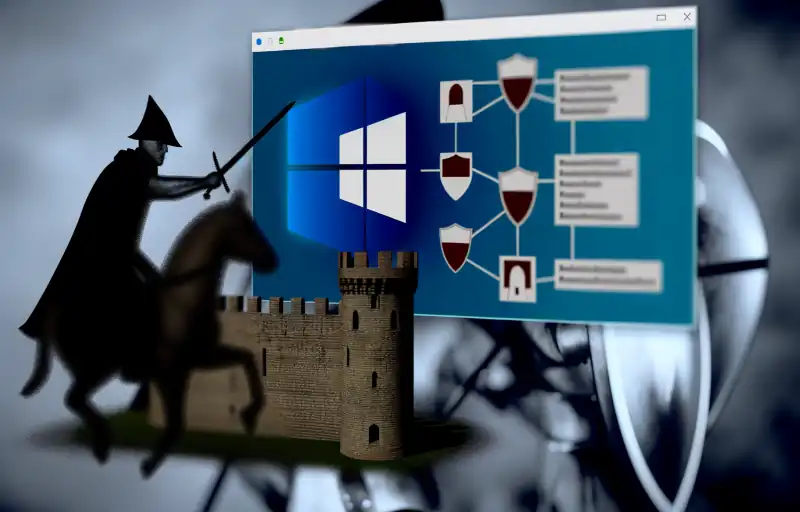
“QWERTY Info Stealer: The Silent Predator of Windows Systems, Hosted on mailservicess[.]com.”
Understanding the Threat: QWERTY Info Stealer Malware Targeting Windows Systems
A new malware strain known as “QWERTY Info Stealer” has emerged, posing a significant threat to Windows systems. This sophisticated malware employs advanced anti-debugging techniques and data transfer capabilities, making it a formidable adversary for both individuals and organizations. Hosted on the domain mailservicess[.]com, QWERTY Info Stealer represents a new wave of cyber threats that require immediate attention and action.
The emergence of QWERTY Info Stealer highlights the evolving landscape of cyber threats. Unlike traditional malware, which often relies on basic methods to infiltrate systems, QWERTY Info Stealer uses advanced anti-debugging techniques to avoid detection. These techniques allow the malware to remain hidden from security software and analysts, making it difficult to identify and remove. By employing such sophisticated methods, the creators of QWERTY Info Stealer have ensured that their malicious software can operate undetected for extended periods, increasing the potential for damage.
In addition to its stealthy nature, QWERTY Info Stealer is equipped with powerful data transfer capabilities. Once it has infiltrated a system, the malware can collect a wide range of sensitive information, including login credentials, financial data, and personal details. This information is then transmitted back to the attackers via the domain mailservicess[.]com. The ability to exfiltrate such valuable data makes QWERTY Info Stealer particularly dangerous, as it can lead to identity theft, financial loss, and other serious consequences for victims.
The hosting of QWERTY Info Stealer on mailservicess[.]com further complicates efforts to combat this threat. Cybercriminals often use legitimate-looking domains to host their malicious software, making it more challenging for security professionals to identify and block these sites. In this case, the use of a domain that appears to be related to email services adds an additional layer of deception, potentially luring unsuspecting users into downloading the malware.
Given the advanced nature of QWERTY Info Stealer and its potential impact, it is crucial for individuals and organizations to take proactive measures to protect themselves. One of the most effective ways to defend against this type of threat is to ensure that all systems are equipped with up-to-date security software. Regularly updating antivirus programs and other security tools can help detect and block new strains of malware before they can cause harm.
Additionally, users should be cautious when downloading files or clicking on links from unknown sources. Cybercriminals often use phishing emails and other social engineering tactics to trick users into downloading malware. By remaining vigilant and verifying the legitimacy of any unsolicited communications, individuals can reduce their risk of falling victim to QWERTY Info Stealer and similar threats.
Organizations should also consider implementing advanced security measures such as intrusion detection systems (IDS) and endpoint detection and response (EDR) solutions. These tools can provide an additional layer of protection by monitoring network traffic and identifying suspicious activity in real-time. By deploying these technologies, organizations can enhance their ability to detect and respond to emerging threats like QWERTY Info Stealer.
The emergence of QWERTY Info Stealer underscores the need for heightened vigilance and robust cybersecurity measures. With its advanced anti-debugging techniques and data exfiltration capabilities, this malware represents a significant threat to Windows systems. By staying informed about the latest threats and adopting proactive security practices, individuals and organizations can better protect themselves against this dangerous new strain of malware.














